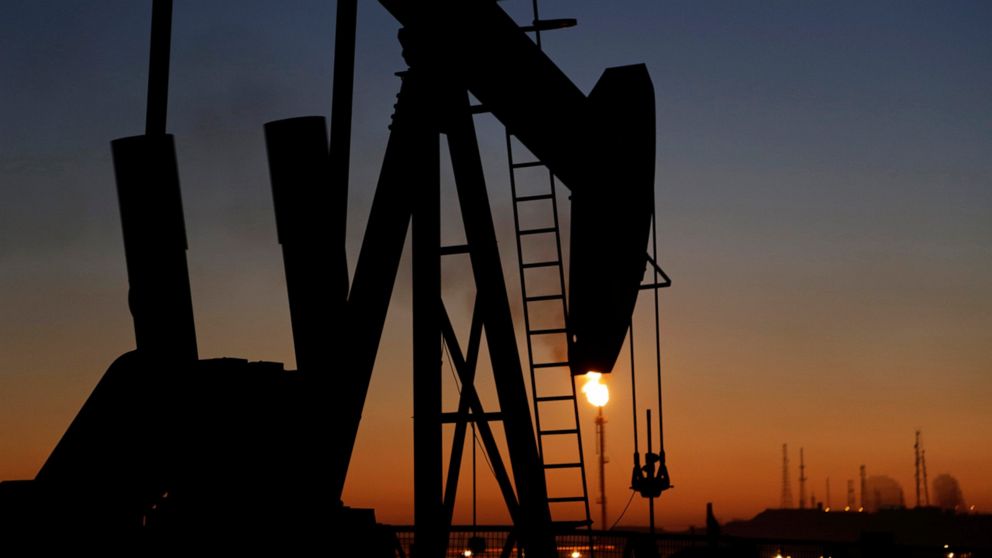
Gulf Arab states, squeezed by climate change, still tout oil
ABC News
The global energy transition is perhaps nowhere more perplexing than in the Arabian Peninsula
RIYADH, Saudi Arabia -- The global energy transition is perhaps nowhere more perplexing than in the Arabian Peninsula, where Saudi Arabia and other Gulf monarchies are caught between two daunting climate change scenarios that threaten their livelihoods.
In one, the world stops burning oil and gas to cut down on heat-trapping emissions, shaking the very foundation of their economies. In the other, global temperatures keep rising, at the risk of rendering unlivable much of the Gulf’s already extremely hot terrain.
The political stability of the six Gulf states — Saudi Arabia, the United Arab Emirates, Qatar, Kuwait, Bahrain and Oman — is rooted in profits from fossil fuels. This includes exports that energy-hungry China and India will want even more over the next two decades.
“Climate action, it’s almost an existential problem for an absolute monarchy based on oil exports,” said Jim Krane, author of “Energy Kingdoms: Oil and Political Survival in the Persian Gulf."
